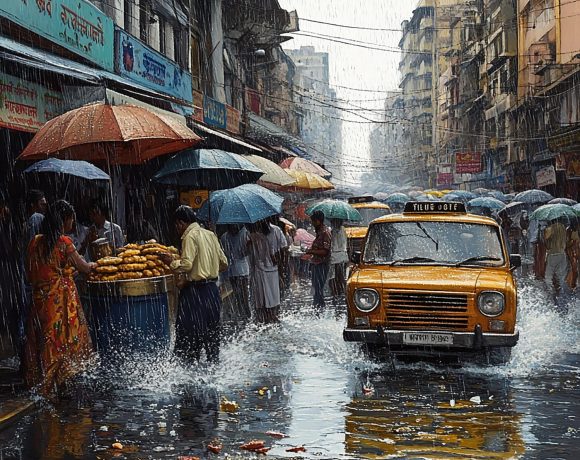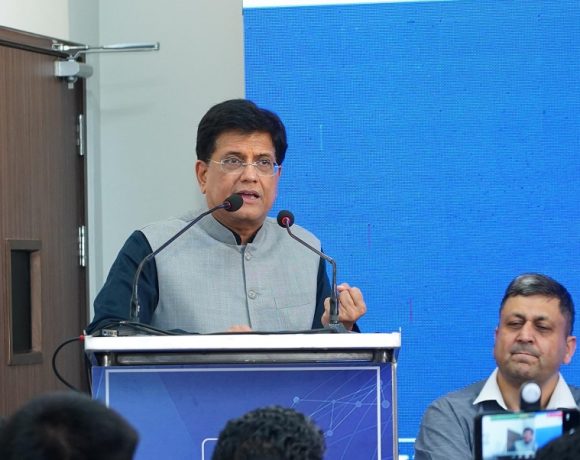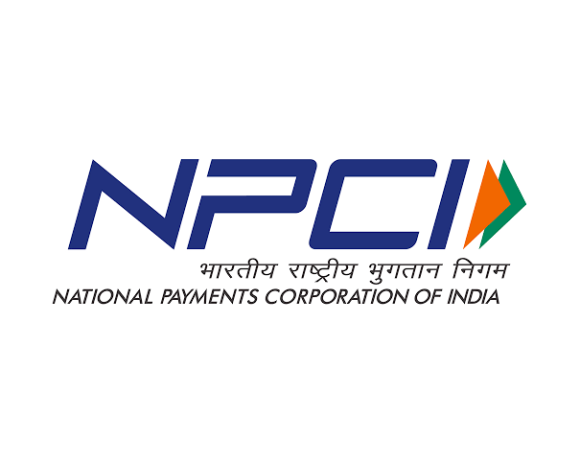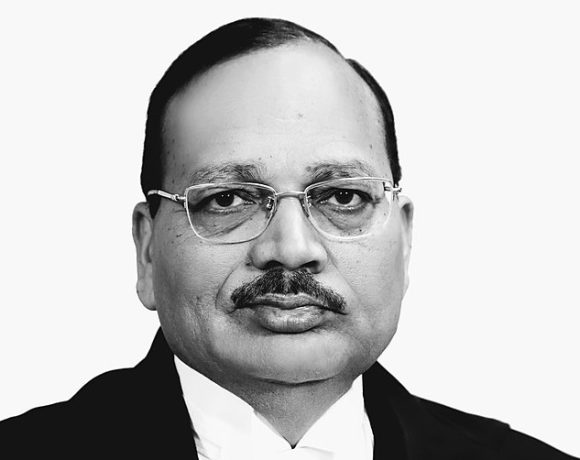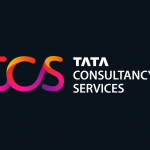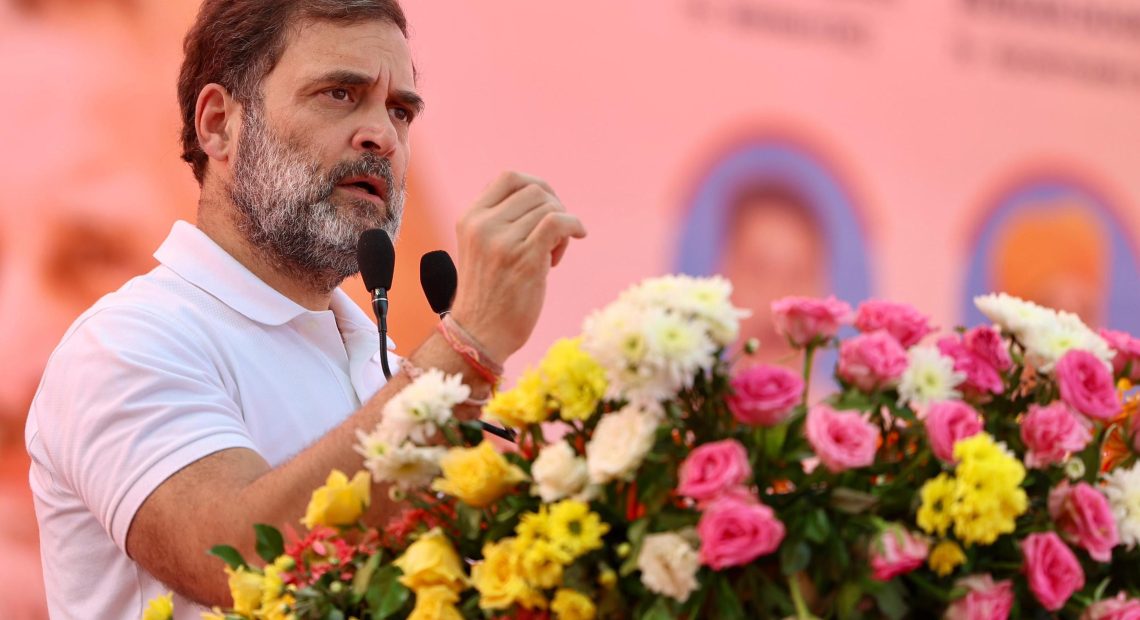
Rahul Gandhi Calls EC’s Voter Roll Release ‘Good First Step’
Congress leader Rahul Gandhi on Monday welcomed the Election Commission’s decision to release voter roll data for Maharashtra and Haryana from as far back as 2009, calling it a “good first step.” However, he urged the Commission to take the next logical leap by declaring the precise date by which the data will be made available in a digital, machine-readable format.
Taking to social media, Gandhi posted: “Good first step taken by EC to hand over voter rolls. Can the EC please announce the exact date by which this data will be handed over in a digital, machine-readable format?”
Growing Demands for Electoral Accountability
This statement comes against the backdrop of heightened scrutiny over the electoral process, particularly in states like Maharashtra and Haryana where allegations of irregularities have been raised. Rahul Gandhi has previously accused the Election Commission of playing a compromised role, even referring to parts of the election process as “match-fixed.” While the Commission has rejected such claims, the demand for increased transparency continues to grow across the political spectrum.
The release of historical voter rolls has been seen by many as a move to restore credibility and assuage public concerns. However, transparency advocates argue that the true test lies in how accessible and usable the data is for analysis and verification.
Call for Structured Digital Access
Rahul Gandhi’s insistence on a machine-readable format is rooted in a push for technologically enabled electoral monitoring. A searchable, structured digital database would allow political parties, independent observers, researchers, and civil society groups to scrutinize patterns, track deletions or duplications, and ensure that no irregularities occur in future electoral rolls.
Such a move could also help address broader concerns about electoral fraud, disenfranchisement, and demographic manipulation—issues that have gained prominence in recent years.
Awaiting Clear Timelines
Though Election Commission officials have stated that voter rolls for years like 2009, 2014, 2019, and 2024 have traditionally been shared with recognized political parties in draft and final formats, there is still no clarity on when and how these will be provided digitally for independent analysis.
As India heads into a new election cycle, the ability to access historical voter roll data in a structured and open format may become a critical demand, not just from the opposition, but from citizens seeking confidence in the democratic process. Rahul Gandhi’s call for clarity may be only the beginning of a wider push to open up electoral data to public scrutiny.


